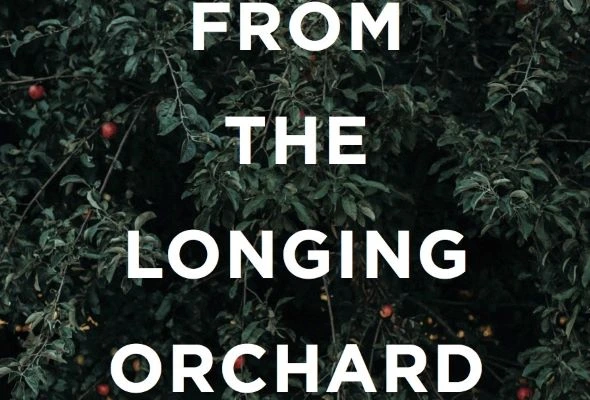By Jessica Jopp
From the first time the girls heard their parents mention the lunar eclipse it sounded like a majestic event. And based on the picture of a previous one in the newspaper spread out before their father on the kitchen table, cleared after the meal, they concluded it was very much filled with mystery and beauty.
“We’ll see it,” he said, pointing at the paper, with Sonya standing on the rungs of his chair, arms around his neck, looking down at the paper over his shoulder. “Friday night, right here from the yard.”
The girls were restless Friday evening and took turns running out to check the sky. “We won’t be able to see anything for a couple of hours. Sit down and finish your pizza. I’ll tell you when,” their father said.
They switched the house lights off and went out at about nine thirty. The moon, just above the hill of trees, was already partially covered by the earth’s shadow. Their father handed them the binoculars and explained the process by which the moon would be gradually covered, would seem to disappear, and then, just as magically, would emerge from the shadow of the earth as if from its skin.
The air was cool, no sound except a slight breeze rippling through the trees and an occasional animal noise coming from the woods. When she held the binoculars up and studied the moon, Sonya felt like they were out on the deck of a ship, their feet planted firmly on the wooden slats, with the huge night sky washed clear as it was, like the sky over the ocean, feeling the water’s tilt. The moon had the same vastness and beauty it did other times she viewed it through the binoculars, but this time she experienced something else, another dimension, maybe from the feeling of her family standing around her in the dark, all of them looking in the same direction, heads back, part of the world’s quiet. She remembered a nature magazine’s photos of a comet and descriptions of people out on their front porches or in their vast yards at night, heads arched toward the sky. Maybe children were allowed to stay up, all of them searching the cool dark for the first flash of light. Wind rustled the cornfield, swept the hay with its invisible comb. Long ago, and the people were in a far-off place, like the Midwest, in black and white. They looked up through tunnels of space, past bright stars, and had no words except, “There it is.” Then they were very quiet. When they turned back toward their houses, the comet was probably already sweeping thousands of acres away, leaving its trail arched over days, over many countries. With her family in that quiet came the enormous sadness, her parents’ tears and other tears she saw in the newspaper for the two men who had been shot where will we find the likes of them again she heard the adults ask people crying in the streets and now they were all standing beneath that emptiness that found them in the yard. And that night Sonya would sleep with no words for such vastness, as those people had slept years before her, eyes closed under the same dome of black, and dream of night stones, hard and clear, stitched to the cloth of sky above them, washed clean, impenetrable, plotted down the avenues of space, down the boulevards of sleep. She would wake, as they had the next day, to the tangible sounds of others moving about the house, a voice calling from one room to the next, the clatter of dishes. They would wake to the inescapable fumbling about of days, and a feeling that the world was slightly changed.
They took turns, each seeing a glimpse of the shadow’s passage, until the moon was completely covered in deep red shadow, then went inside. Settled in bed with the lights out, the girls talked in great detail about whether there was life on other planets, whether there would be mountains and streams, cities or smaller neighborhoods, similar food, before finally lulling into sleep.
Jessica Jopp grew up in New York State. She holds an MFA from the University of Massachusetts at Amherst. From the Longing Orchard is her first novel. Also an award-winning poet, Jopp has published her work in numerous journals, among them POETRY, The Texas Observer, Seneca Review, and Denver Quarterly. Her poetry collection The History of a Voice was awarded the Baxter Hathaway Prize in Poetry from Epoch, and it was published in January 2021 by Headmistress Press. Jopp teaches in the English Department at Slippery Rock University. She lives in Indiana, Pennsylvania, where she is on the board of a non-profit working to protect a community woodland.

